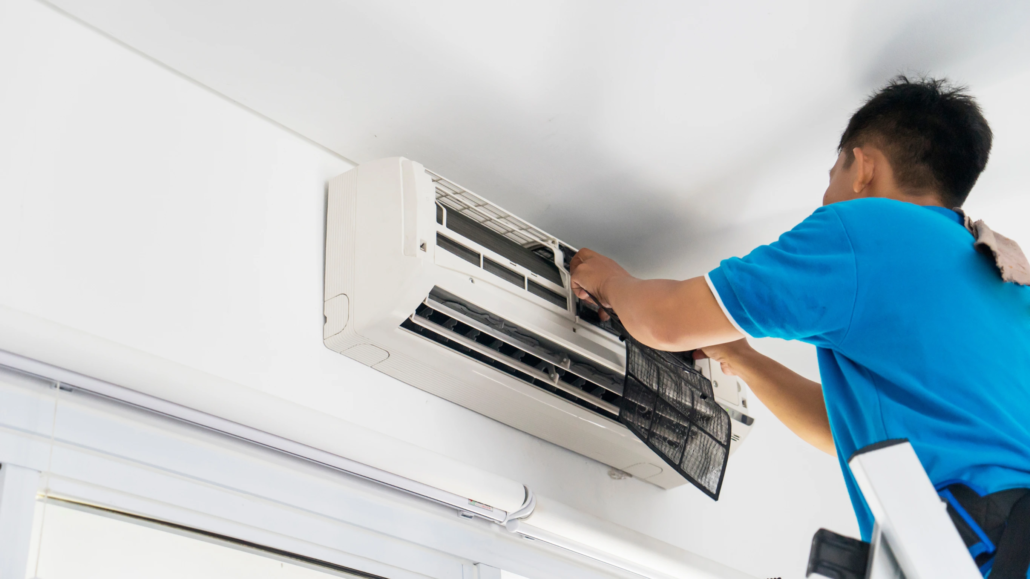Call: 0203 488 1889
Address:
Office 7, 35/37 Ludgate Hill
London, EC4M 7JN
Air Conditioning & Refrigeration Blogs
Expert Insights, Maintenance Tips, and the lates updates on Air Conditioning & Refrigeration.
Causes, Units Prone to Them, Costs of Neglect, and Prevention
A noisy air conditioner can be a real headache, disrupting your peace and even affecting your sleep. From loud buzzing to persistent clicking, the noises often signal underlying issues. Understanding the causes and addressing them promptly not only ensures a quieter home but also enhances the efficiency and lifespan of your air conditioner. Let’s dive into the root causes, effective fixes, and preventive measures to resolve the noise problems for good.

To tackle noise issues, it helps to understand how your air conditioner operates. At its core, an AC system relies on key components like the compressor, fan, and refrigerant to cool your home. When one of these elements malfunctions or encounters wear and tear, it can lead to a variety of noises. Regular maintenance is essential to keep these parts in sync and functioning quietly.
A noisy air conditioner often results from several culprits. These can range from loose screws to malfunctioning compressors. Here are some of the most common problems:
Each sound corresponds to a specific problem, making it essential to identify the noise type accurately.
Buzzing sounds are a common complaint among homeowners. They often indicate issues such as:
To fix this, inspect the outdoor unit for visible debris or loose parts. If the buzzing persists, it might require professional attention to diagnose electrical problems.
Clicking noises during startup or shutdown are normal, but constant clicking suggests trouble. Possible causes include:
While minor clicking may not seem urgent, prolonged sounds could signal an imminent failure.
Whistling noises typically stem from airflow issues. These could be due to:
Replacing filters and sealing duct leaks can often resolve whistling sounds.
Rattling noises are often caused by loose screws, bolts, or components. These vibrations, if left unchecked, can lead to further damage. Regularly tighten all screws and inspect for damaged mounts.
A persistent humming noise could mean:
Cleaning the coils and lubricating the motor may help, but professional diagnostics might be necessary for complex issues.
A noisy air conditioner can be fixed depending on the root cause of the issue. Here are some common fixes:
If these steps don’t resolve the issue, it’s best to call a professional HVAC technician.
A sudden increase in noise from your AC unit is often a sign of a problem. Common reasons include:
Addressing the noise early can prevent more significant damage to your AC unit.
Yes, you should turn off your AC if it's making unusual or loud noises. Continuing to run the unit could cause further damage or even lead to a breakdown. Here’s what to do:
By turning off the unit and addressing the problem promptly, you can avoid costly repairs and ensure your AC operates efficiently.
Some noise is normal for an air conditioner, like a gentle hum, soft whooshing, or clicking during start/stop. However, loud or unusual sounds such as banging, hissing, screeching, or buzzing could indicate a problem like loose parts, refrigerant leaks, or motor issues. If your aircon gets excessively noisy, it’s best to have it checked by a professional.
A new AC might be loud indoors due to several reasons:
If the noise seems excessive, contact the installer or manufacturer to inspect and resolve the issue.
If your AC continues to make unusual noises despite basic troubleshooting, it’s time to seek expert help. A certified technician can diagnose and resolve complex issues, ensuring your unit operates efficiently and quietly.

Address:
Office 7, 35/37 Ludgate Hill
London, EC4M 7JN
Expert Insights, Maintenance Tips, and the lates updates on Air Conditioning & Refrigeration.


Address:
Office 7, 35/37 Ludgate Hill
London, EC4M 7JN
Air Conditioning Maintenance & Service


 Fridge Seal Replacement: The Complete Guide
Fridge Seal Replacement: The Complete GuideT&C’s apply
